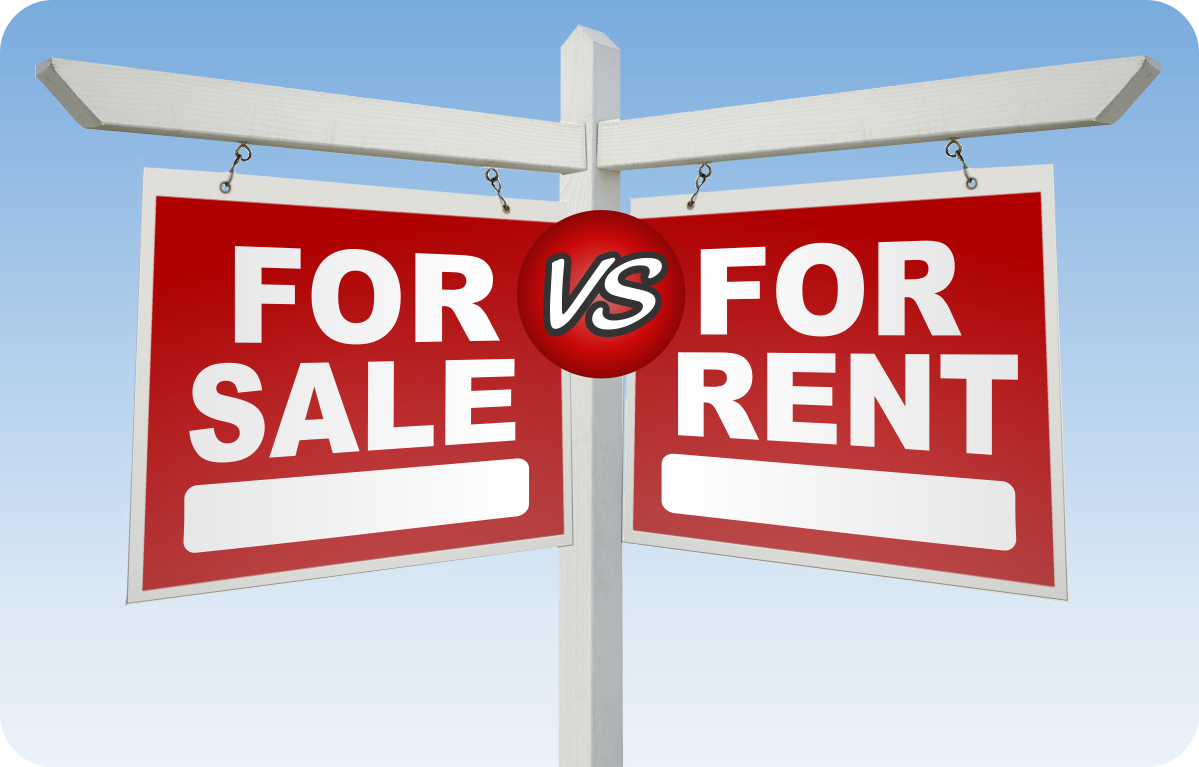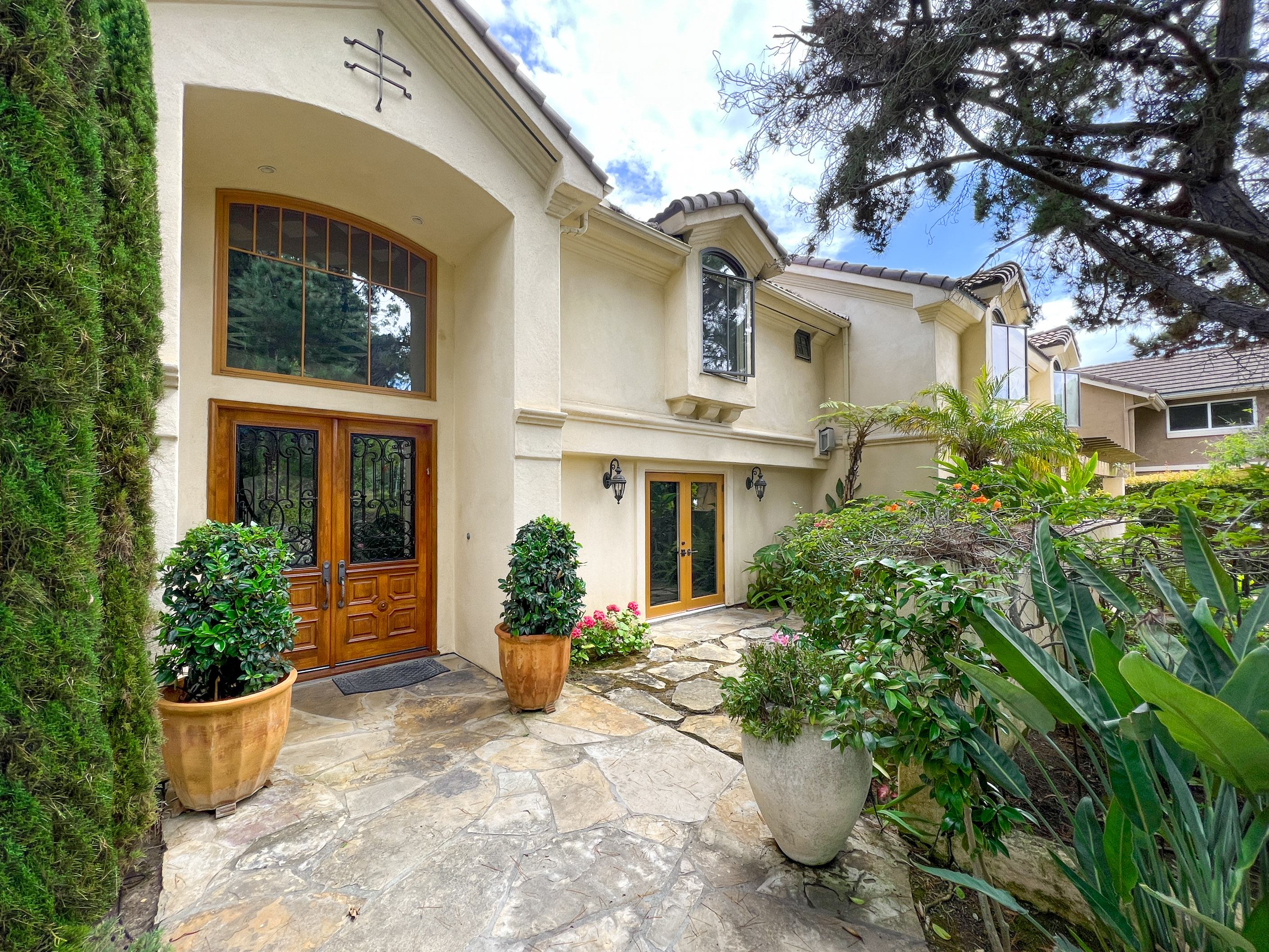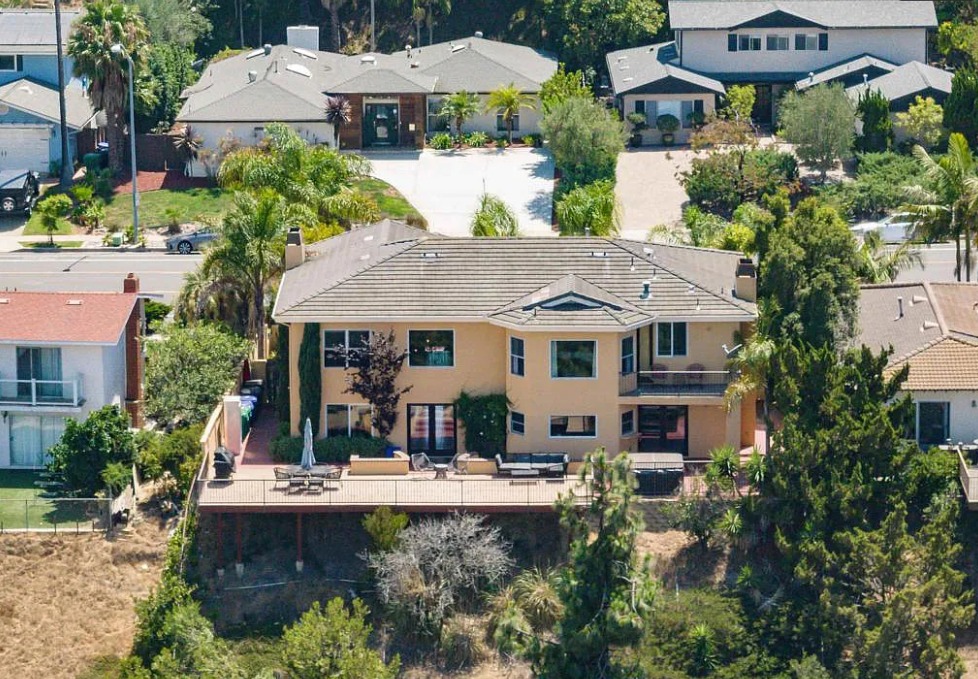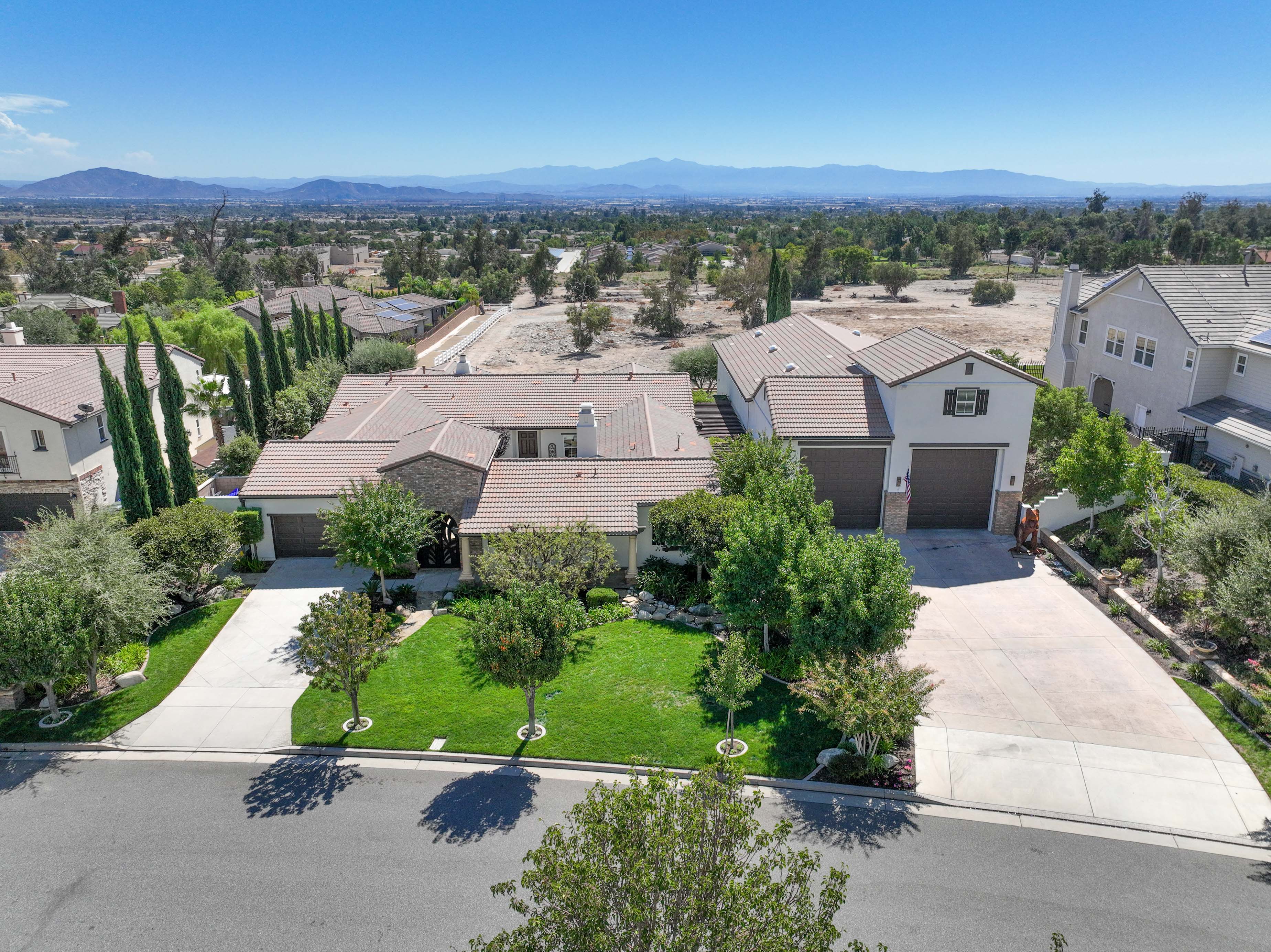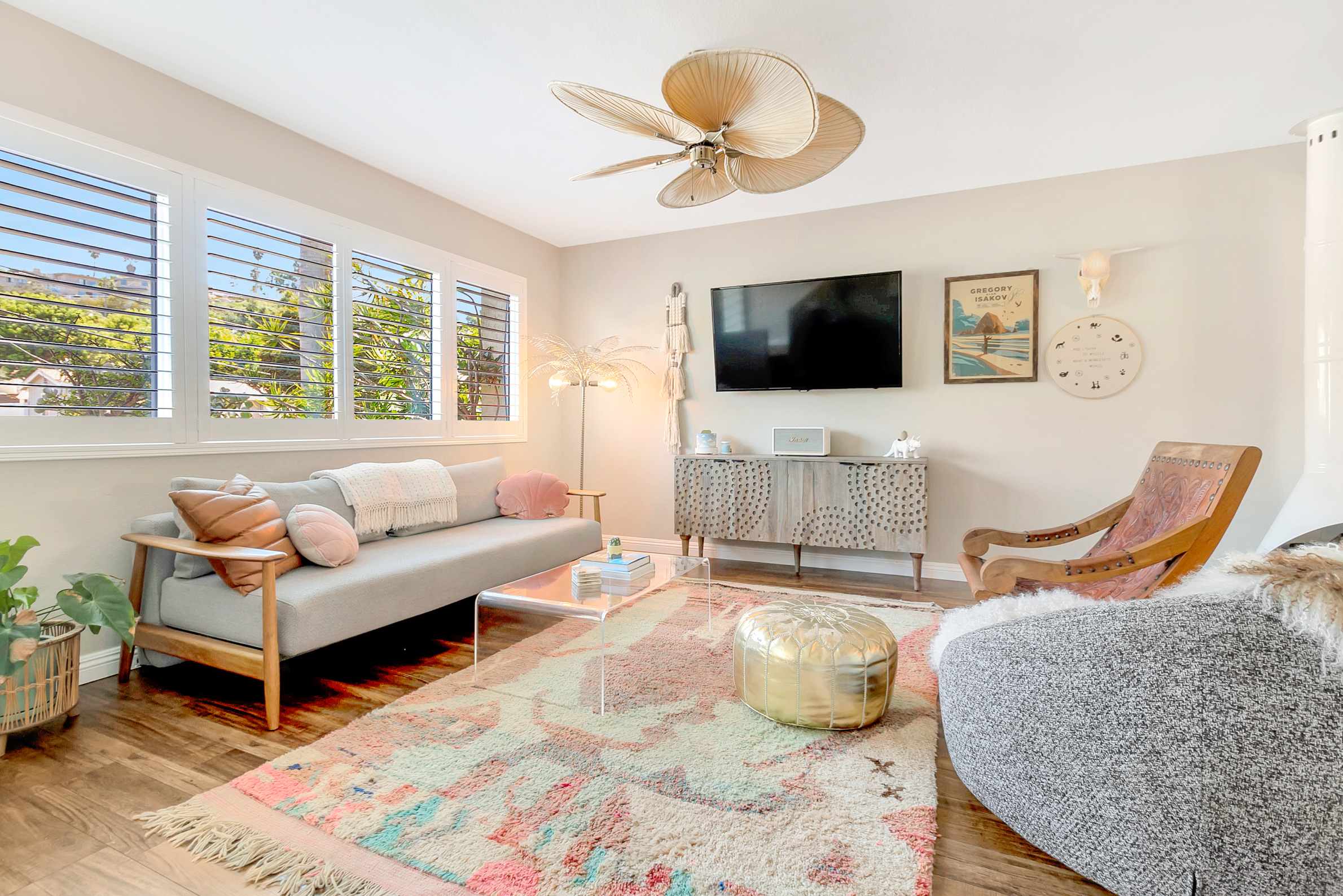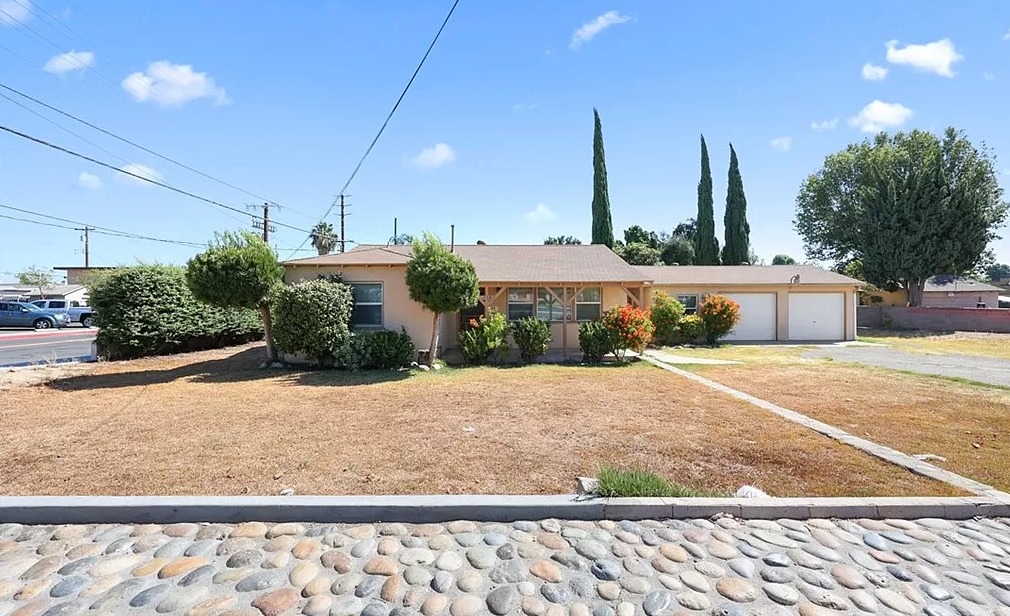A frequent question that prospective home buyers must ask themselves is whether they should continue to rent or potentially spend a bit more per month and venture into buying a home. I am going to try to help break down each of these options and get into some details about owning that you may or may not be familiar with.
Renting
Since everyone has likely rented an apartment or home at some point in their lifetime, I probably don’t need to explain how it works, but here goes. You make a payment every month to be able to occupy a premises, are restricted in your use of the premises, and are subject to a number of other, not-so-cool terms that your landlord may or may not have included in your lease agreement.
Unless you make below a certain amount of money, none of this rent is able to be written off on your taxes and none of your rent payment will go towards anything that benefits you in the end. The owner, on the other hand, may use your rent to pay down debt on the property, a Disneyland annual pass, a new surfboard, or a wild night out in Vegas. Do any of those items benefit the renter? Not so much. Paying rent is kind of like going on a terrible date. You spend time, effort, and money only to be left with nothing but regret and disappointment when it’s all over.
Buying a Home
If you’ve made it this far, you’re likely thinking to yourself that it may be time to consider owning property. Of course I laid out a very pessimistic one-sided case for renting. However, I only did that to ensure that you will give buying a home some serious consideration. Purchasing a property consists of two major financial components: THE DOWN PAYMENT & THE MONTHLY PAYMENT

Missy Bass
Down Payment
Everyone is always frightened by THE DOWN PAYMENT. Saving money is no easy task these days. Luckily for us, there are many loan options that require a very low down payment. VA loans that are for veterans have a minimum down payment of ZERO. If you serve or have served in the military, you’re ready to go. Other loan programs for us regular civilians can go as low as 3.5% of the purchase price. With a down payment this low, it shouldn’t take long to amass enough funds to buy a lower priced condominium or townhome in your desired area of residence.
Contrary to paying rent, this down payment actually will stay with you and benefit you in the future. Rather than saying goodbye to the money forever (paying rent), you are trading those funds for equity in your home. Equity can be viewed as a piggy bank. At some point in the distant future, you will be able to pull out those funds by refinancing your property or selling your home. In addition, it is likely that buying a home will actually lead to you earning interest on the down payment. Historically, real estate has provided its owners a return (interest) over time as home values appreciate.
It’s also important to note that just as home values can go up over the long run, they may go down in the short term, thus diminishing your equity. HOWEVER, losing equity leaves you in the same place that you would have been in had you simply rented.
Monthly Payment
When you own, your total monthly obligation is made up of principal, interest, real estate taxes, and insurance. First, principal is the amount that goes toward increasing the equity you have in your home. Similar to a down payment, this can be seen as adding funds to the piggy bank. Hopefully you will make interest on those principal payments as well via home appreciation.
The next two items are interest and real estate taxes. These are both items that Uncle Sam allows you to write off on your taxes, so those expenses are marginalized by the tax breaks provided. Lastly, your only monthly obligation that provides you no immediate benefit, homeowners insurance, typically ranges from $150-$300 per month. This is necessary to insure that if your home gets destroyed by a fire or other specified reasons stipulated in the policy, you and your lender will be protected.
Bottom Line
Everyone’s situation is different, but generally speaking, it is a better financial move to purchase a home than to rent. Especially, if you can see yourself living in the same place for an extended period of time.

US Stock Option
Greg Robertson is a Broker at Class Realty Group’s San Diego office. Reach him by email at grobertson@classrealtygroup.com or by phone at 858-333-2422.

